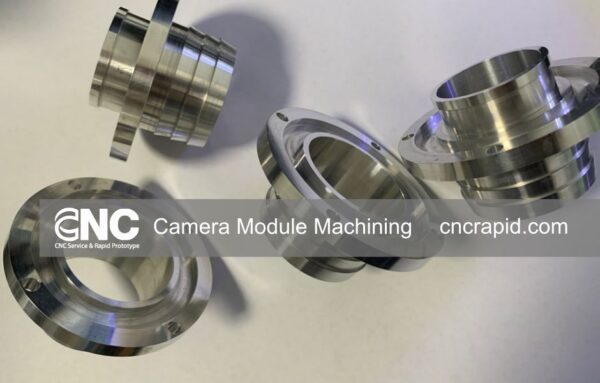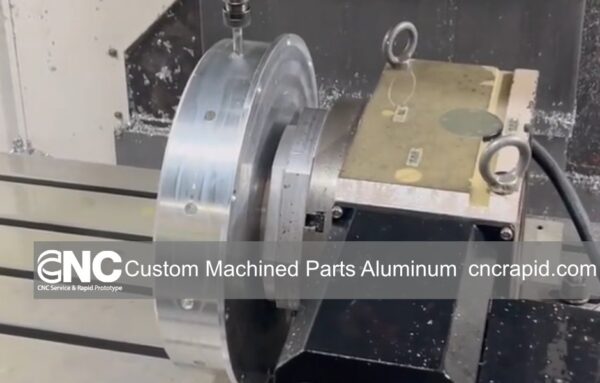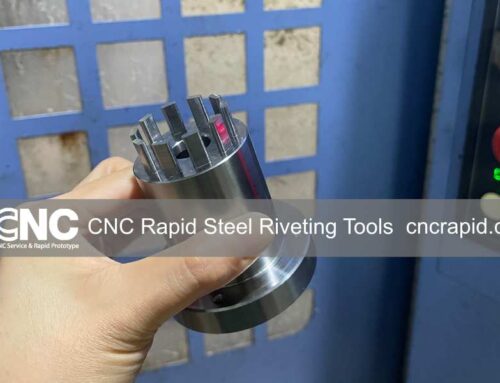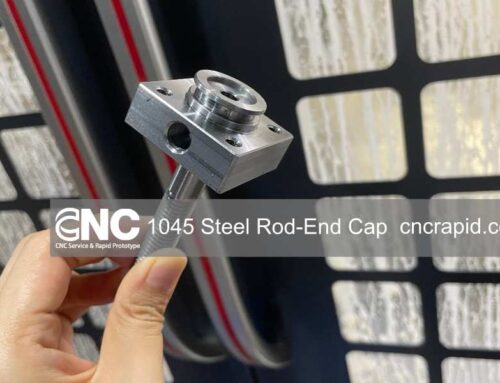An aluminum sensor block is the compact manifold that ties multiple pressure-, temperature- or flow-sensing elements into one rigid housing. Whether it sits in a hydraulic power pack, an automotive oil circuit, or a laboratory test rig, its job is to hold sensors in precise alignment, seal reliably, and channel media with minimal dead volume. At CNC Rapid we machine custom aluminum sensor blocks every week, shipping prototypes worldwide in as little as ten days.

Why engineers pick aluminum sensor block
6061-T6 and 7075-T6 deliver an ideal blend of strength-to-weight ratio, thermal conductivity, corrosion resistance and machinability. Compared with stainless steel they are 65 % lighter, yet still handle working pressures up to 210 bar in most laboratory and vehicle systems. The alloys also accept clear, black or hard-coat anodizing that improves surface hardness and extends salt-spray life beyond 336 h, all while keeping cost lower than brass or titanium.
Essential design features
Typical sensor blocks include NPT 1/8, M10 × 1 or G 1/4 female ports, O-ring grooves cut to ISO 3601, and pilot holes for dowel-pin location. Engineers often add:
- Multiple in-line or star-shaped ports for daisy-chaining sensors without T-fittings
- Filleted internal galleries (Ø ≥ 4 mm) to avoid stagnant pockets
- Slip-fit channels for thermocouples, isolated from pressurized passages
- M4–M6 mounting threads on two faces so the block can bolt to a frame or bracket

CNC machining considerations
We rough mill each billet on a 4-axis vertical machining center, then finish-drill and tap the sensor ports with form taps to guarantee full-height threads. Toolpaths limit corner radii to 0.8 mm so that gasket faces remain flat; internal bores hold ±0.01 mm true position, verified on CMM. A final orbital deburr removes feather-edges that could flake off and block a sensor diaphragm.
Surface finishing and cleanliness
Clear or black Type II anodizing (8–12 µm) is most common. Hard-coat Type III (25 µm) doubles wear life for abrasive media. After finishing, each aluminum sensor block is ultrasonically cleaned and flushed with 0.2 µm-filtered alcohol, then vacuum-packed to keep particles below 100 µm from reaching your clean room or engine assembly line.
Contact CNC Rapid Today
We invite you to take advantage of our Metal & Plastic parts machining service, ideal for both prototypes and production needs. To receive a personalized quote, simply visit our website to get quote or reach out directly to our team at [email protected] with details of your project.
For the most accurate and speedy quote, kindly include the following in your communication:
- Part Name
- 3D Drawing
- Quantity
- Material
- Tolerance Range
- Surface Finish
We appreciate your interest and look forward to serving your machining needs. Thank you for your time!








